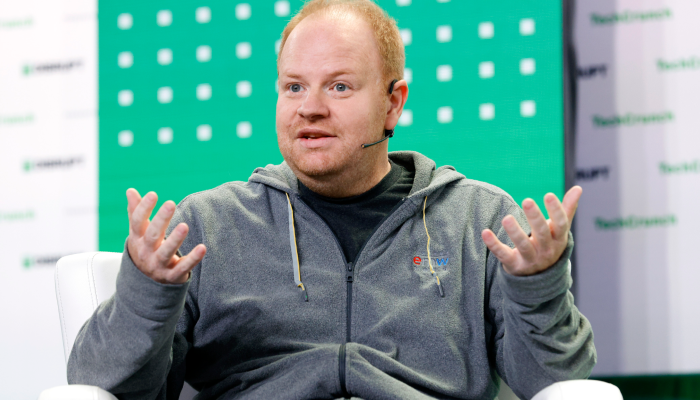
Sundry Photography/Shutterstock.com
A couple of weeks ago, Salesforce laid off “fewer than 1,000 employees,” most of whom were salespeople, according to a report from CNBC. According to current and former employees who spoke to Insider, layoffs affected those from the bottom rung of the organization all the way to the top of the sales force. What’s more, the layoffs came before the close of Q4, crunch time for sales reps. This latest round of layoffs is on top of the roughly 90 job cuts Salesforce made in October, according to one of the Salesforce insiders, all of whom spoke to Insider on the condition of anonymity.
Insiders say the company’s new quota system, which burdened its top salespeople with unrealistic expectations, set employees up for failure. This frustration is reportedly causing people to resign. Gavin Patterson, Salesforce's now-former chief revenue officer, announced that he was resigning days after the layoffs became public. Patterson told Insider he resigned to be closer to his family in London, not due to the layoffs.
"We are grateful for Gavin's many contributions and wish him the very best," a company spokesperson told Insider.
Salespeople describe a stretch-goal quota system
Insiders say Salesforce would increase an employee’s quota for the following year based on the actual sales they brought in, rather than their previous goal. Meaning: if a salesperson exceeded their quota in 2021, that number then became 2022's quota, including a percentage increase reflecting whatever growth Salesforce expected for that year. On top of that, the salesperson was also likely to get new accounts.
"They'll 'reward' that good sales rep with a bigger quota and a smaller number of more difficult accounts," one person told Insider. Subsequently, the higher quota and added accounts might make that salesperson look like an underperformer in 2022, even if they were doing the same or even better.
It certainly didn’t help that sales quotas were especially high in 2022, given the huge shift to remote work and cloud-based tech amidst the pandemic. Consequently, the company reported adding nearly 17,000 employees in 2021. But when sales momentum slowed this year, Salesforce’s solution was a hiring slowdown, followed by layoffs.
When times are tough, the message becomes, "Go sell and go sell hard," one person told Insider. "When people get desperate, sales teams start doing unnatural things to close deals." Under this intense pressure, many people are choosing to leave Salesforce.
A former Salesforce account executive told Insider that after exceeding their 2021 goals, they were removed from existing accounts and placed on new ones. They were then expected to achieve the same quota in 2022 with less than half as many accounts and customer relationships, which they also had to build from the ground up.
"After coming off a strong year, it's confusing to have that happen," the person told Insider.
"It makes it difficult to work if you think everything good you do is going to be ripped away from you. That was a big reason why I left. It just felt like I could not get anything done and I was not being supported the way that I needed to be supported."
In a statement provided to Insider, a Salesforce spokesperson said, "Our sales performance process drives accountability. Unfortunately, that can lead to some leaving the business, and we support them through their transition."







